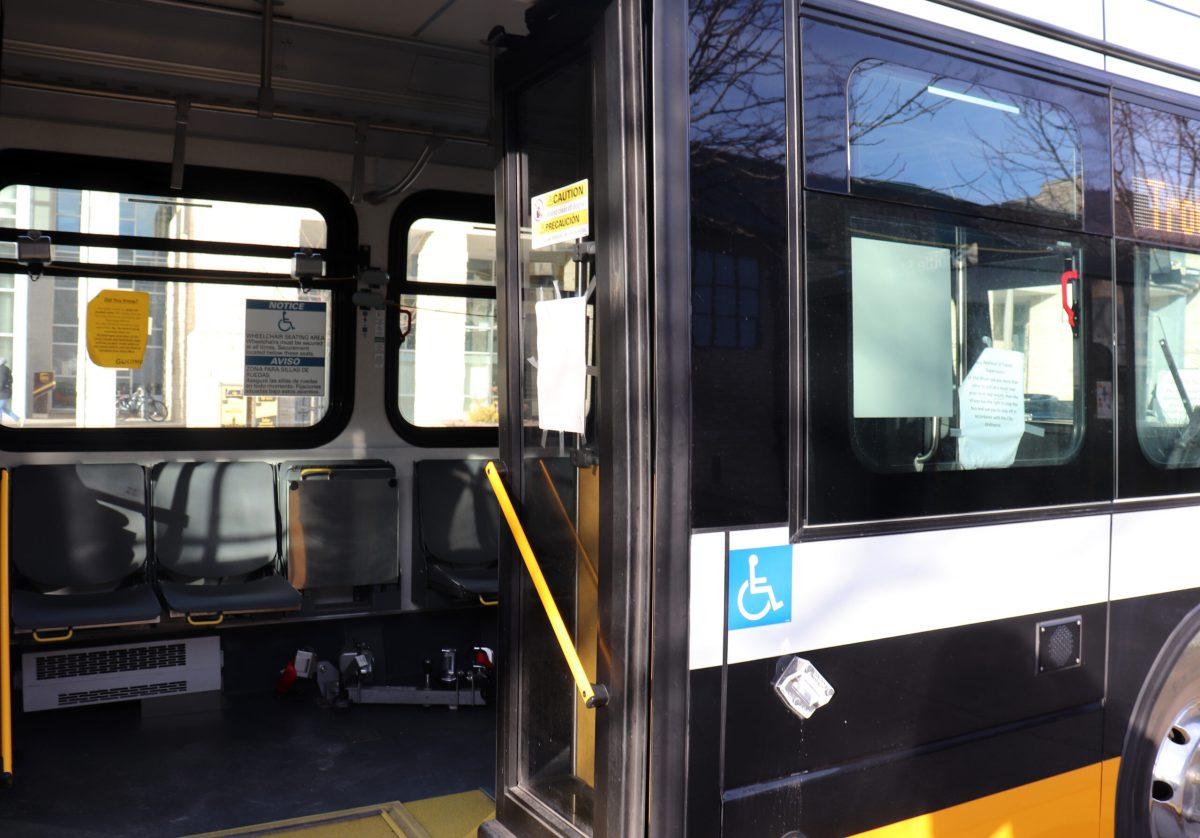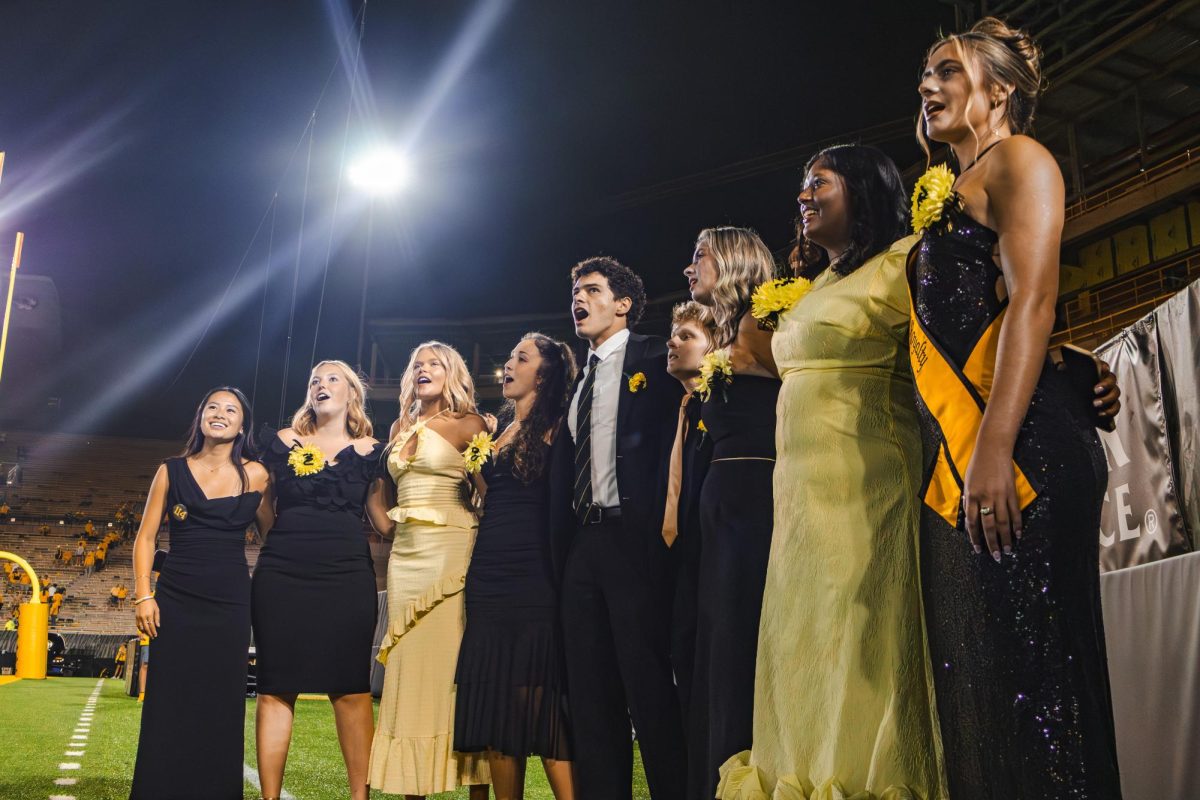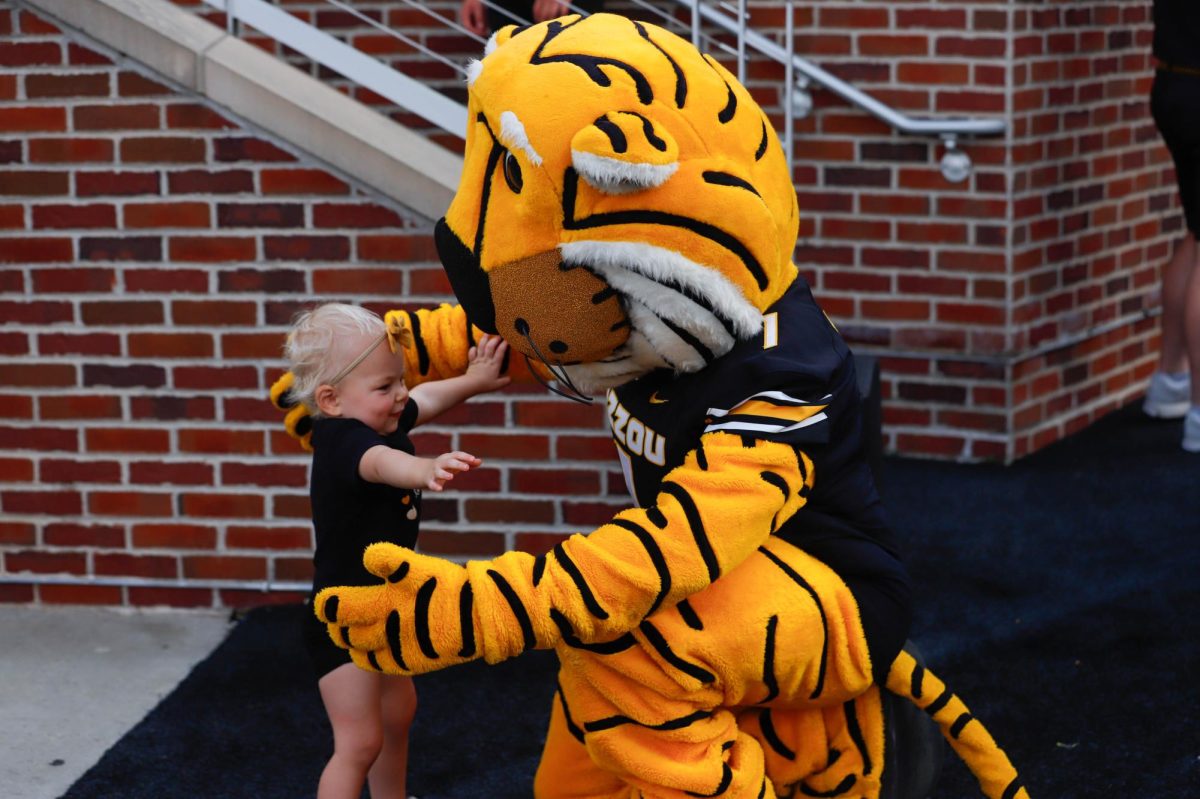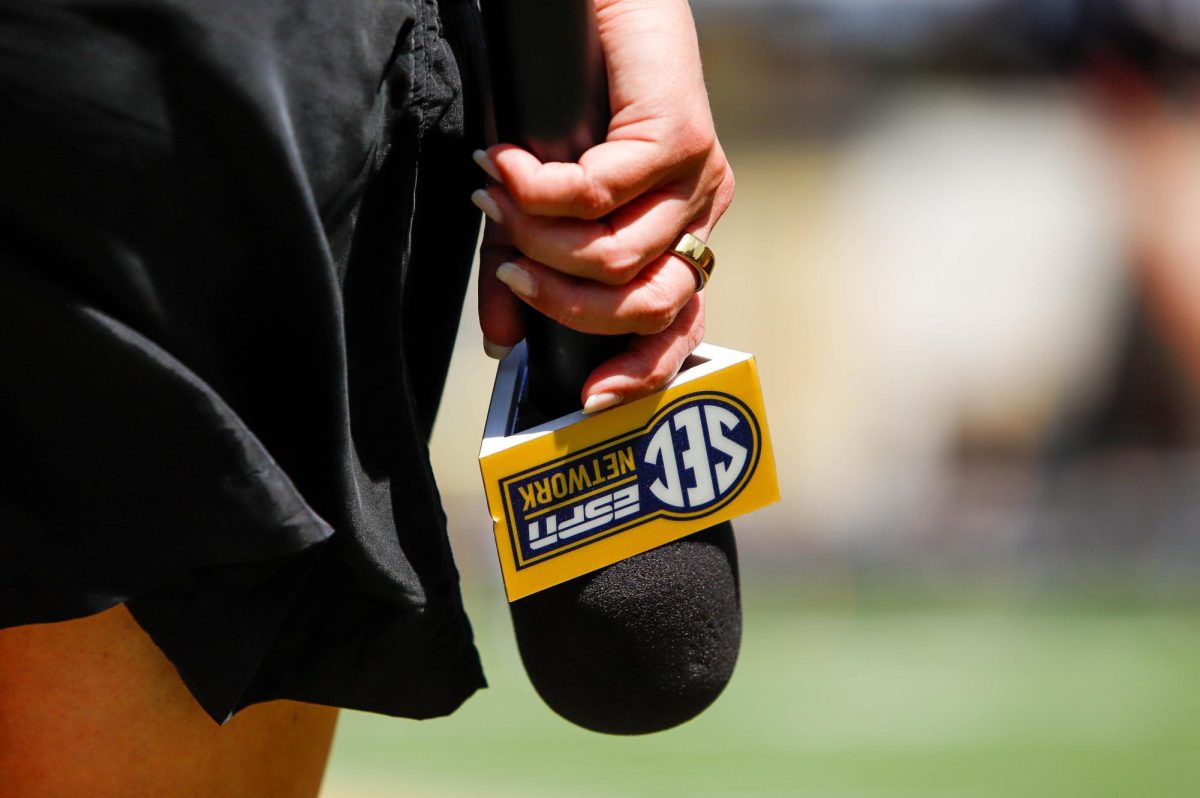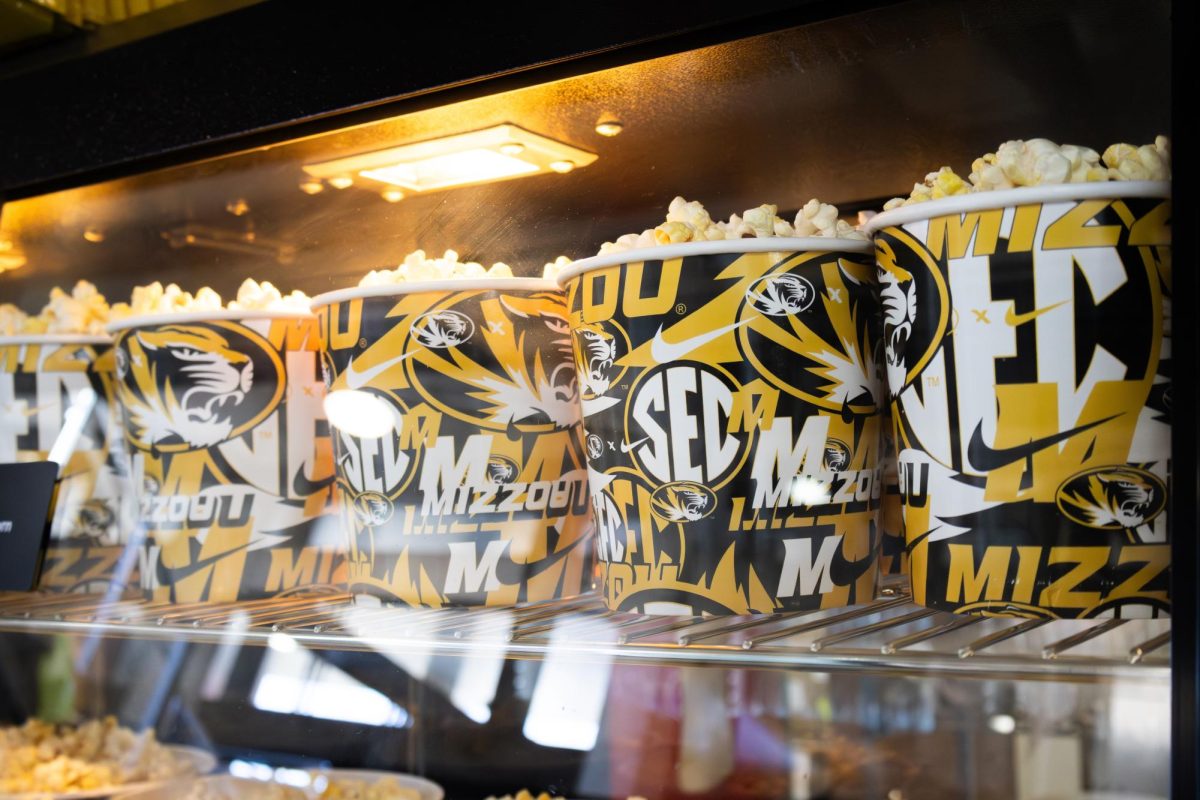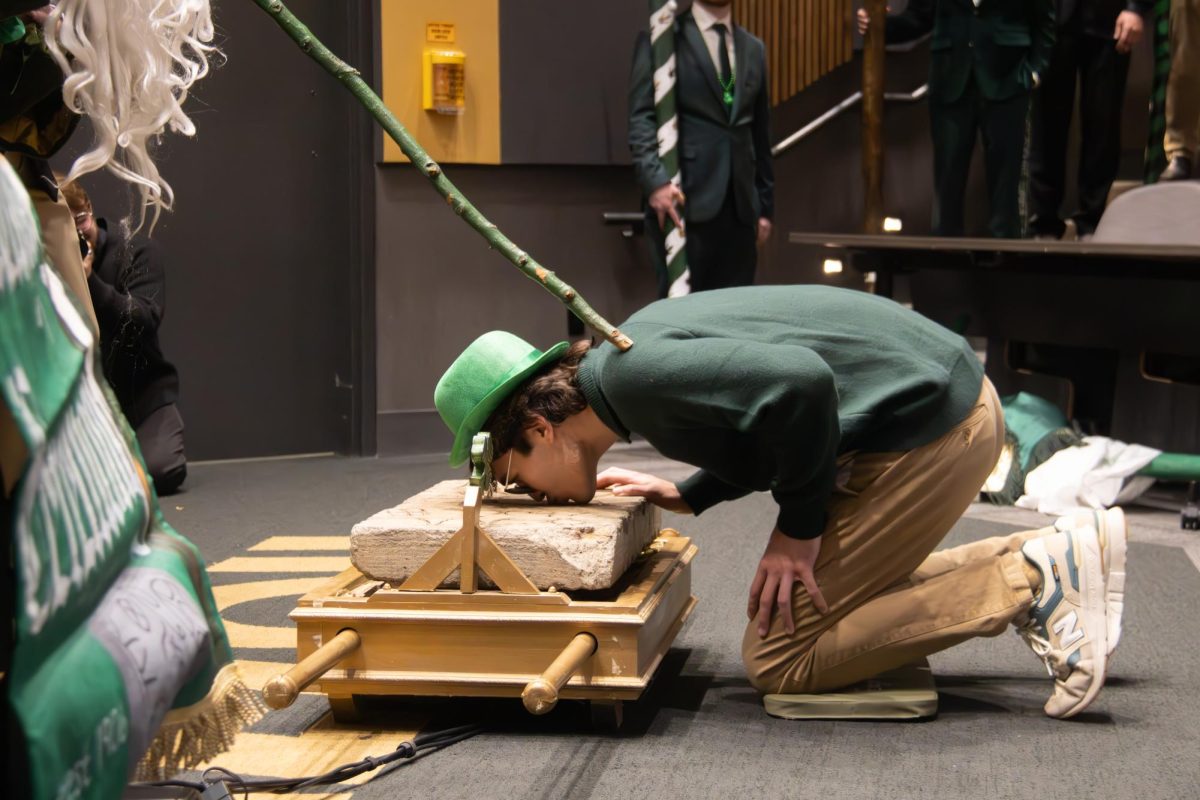For disability culture month at MU this past September, I’ve researched some of the services that MU provides for students with disabilities. The Show Me Mizzou email chain sent out a statement that congratulated the campus for having a grand history of accessibility. However, a 2020 survey revealed MU was only ranked 39 in accessibility out of 50 state schools.
MU seems to prematurely pat itself on the back. There are still imminent issues with the paratransit that must be resolved before celebrating inclusivity and accessibility.
One of the hindrances that students with disabilities face is the ineffective shuttle service. Not only is it difficult to rearrange schedules or cancel rides to classes, rides to office hours and extracurriculars are not provided.
Flexibility would be too much to ask for anyway. According to Assistant Director of the MU News Bureau, Stephanie Fleming, “there is one paratransit contracted by Parking and Transportation.”
With one shuttle for students with disabilities on a large campus there are bound to be complications. Many students report tardiness, waiting in difficult weather, losing participation points in class and general dissatisfaction with the shuttle service.
Jordan Fee, a student with a lupus, describes her experience with the disability shuttle service.
“I’ve had to stand in the heat for at least half an hour and [have been] late to class,” said Fee.
Fee is not the only person ready for change. Sophomore Brayden Twombly shared that he has waited on transportation for an hour.
“No one showed up. I kept calling at 20 minute intervals,” Twombly said. “They said it would only be a minute, but I missed my class.”
Both Fee and Twombly have conditions that make it difficult to walk. Fee has lupus and rheumatoid arthritis. Twombly has Guillain–Barré syndrome and inflammatory neuropathy. Each condition has to do with the immune system attacking the body— specifically the joints, muscles and tendons— making it painful to do certain activities.
Referring to the pain from her conditions, Fee said, “It never goes away, I have to live with this my entire life.”
Not only is every aspect of college life more complicated for students with disabilities, it’s critically worsened by disallowing students from attending their classes on time or at all. No one should be facing such consequences for circumstances that are out of their control.
The world wasn’t built for people with disabilities, that’s the sad reality. But on a college campus, which mirrors wider society like a microcosm, we have the opportunity to create an inclusive space and a world that is functional for every person.
We are granted the ability to exercise our intentions into concrete, real-world solutions. As of yet, MU has failed to live up to such a standard.
Once a certain standard is achieved, difficulties for both students and faculty could be minimized. Employees involved with the shuttle service have their own sets of quandaries.
The staff is just as fed up with inconsistencies in the shuttle service. Some employees verbalize their complaints in an appropriate manner. Others come off as mean and snarky.
Instead of taking accountability, city employee and shuttle organizer, Doris Moore, sent out a frustrated email to students.
“There [have] been too many issues this year and we are only in week 3. If you have any changes at all to your schedule you do NOT contact me or dispatch. You’re to go through the disability office,” wrote Moore.
Twombly also shared a negative interaction that occurred over the phone with Moore.
Over the phone, Twombly finally was able to get in contact with Moore. When he informed her that he had missed his entire class, Moore laughed it off as a simple mistake. Twombly was not laughing.
“I was crying my eyes out,” he said.
Moore’s disregard for Twobly’s hardship is just one example of discriminatory behavior.
But the larger concern, Twombly said, is the penalization that students could face for missing three rides. Not three days, three rides.
If a student is unable to attend at least two classes and doesn’t contact the shuttle service in time, they are immediately stripped of access to transportation. Students are then required to reapply. Reapplication can be inconvenient for students with taxing medical conditions.
This policy, emulating a three-strikes model, is personally my biggest reservation toward recognizing MU’s allyship with people with disabilities. How can MU justify stripping a necessary service from students dependent on it?
The lack of thoughtfulness put into this policy is naive and almost ironic. When considering the student body that the services apply to, we are talking about a group of individuals that are more likely than the average student to have incapacitating emergencies. Somehow this detail was completely overlooked when deciding on the three strikes policy.
Moore ended her email by confirming this outrageous policy, “3 No shows and you will not be eligible to ride transit.”
For the sake of student needs, change must occur on an administrative level. The three strikes rule should not be a means of booting students from the system, but an alarm for faculty to reach out to the struggling student. Removing students with disabilities from a transit system only causes unnecessary issues.
Students are penalized for missing a shuttle, while faculty faces no consequences for neglecting to schedule a ride to a student’s class.
A huge issue is the buffer between staff at MU and the City of Columbia’s government employees. The disability shuttle service is in partnership with the city; this creates a communication barrier and affects both faculty and students.
Most obviously, MU should invest in at least one more shuttle. The amount of students that one car-sized shuttle is required to transfer in a day creates inconvenient schedules for students.
The reason that the shuttle is often late is not the fault of the driver, but the workload that the driver receives in a given day. If the work were split between multiple shuttles, it would prove beneficial to everyone involved.
There are many solutions to better the shuttle system, but it takes interest and conscious change. If we want MU to obtain a decent standing compared to other disability-friendly universities, these issues need to be addressed immediately.
The Maneater encourages all readers to commit to the fight against Lupus and donate to Lupus Foundation of America. “There are a lot of ways you can take action to advance our cause of ending lupus. Start your own event, make a donation, participate in a walk, or make others more aware of the disease.”
Get-involved
Edited by Sarah Rubinstein, [email protected]


